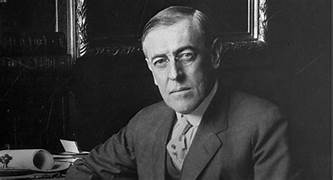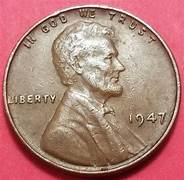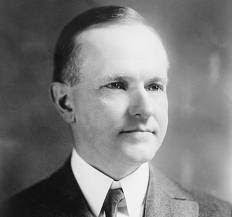On November 6, 1920, the United States was in the midst of a historic presidential election. However, this date also marked a significant moment in the life of Woodrow Wilson, the 28th President of the United States. Let's delve into the events of that day and explore the impact of Wilson's presidency.
At the time, Woodrow Wilson had already served two terms as President, from 1913 to 1921. His presidency was marked by several notable achievements, including the establishment of the Federal Reserve System, the passage of the Clayton Antitrust Act, and the implementation of progressive reforms such as the Federal Trade Commission. However, it was his handling of World War I and his vision for a post-war world that would define his legacy.
By November 6, 1920, Wilson's health had significantly deteriorated. In September 1919, he suffered a stroke that left him partially paralyzed and unable to effectively govern. Despite his condition, Wilson remained committed to his duties as President, refusing to step down or allow his Vice President, Thomas R. Marshall, to assume control.
On that fateful day, Wilson was residing at the White House, where he continued to receive briefings and correspond with his advisors. However, his physical limitations prevented him from actively participating in the election campaign of his Democratic Party's nominee, James M. Cox. Cox was running against Republican candidate Warren G. Harding, who eventually won the election by a landslide.
While Wilson's health may have prevented him from actively campaigning, his influence on American politics and international affairs was still significant. His vision for a League of Nations, which aimed to promote international cooperation and prevent future conflicts, played a pivotal role in shaping the post-war world. Although the United States did not ultimately join the League of Nations, Wilson's ideas laid the groundwork for the formation of the United Nations after World War II.
Despite his accomplishments, Wilson's presidency was not without controversy. His administration faced criticism for its handling of civil liberties during World War I, including the passage of the Espionage Act and the Sedition Act, which limited freedom of speech and press. Additionally, Wilson's racial policies were highly contentious, as he supported segregation and failed to address the systemic racism prevalent during that era.
On November 6, 1920, as the nation participated in the democratic process, Wilson's presidency was coming to an end. His health continued to decline, and he would leave office in March 1921, passing the baton to his successor, Warren G. Harding. Despite the challenges he faced and the mixed reviews of his presidency, Woodrow Wilson left an indelible mark on American history.






